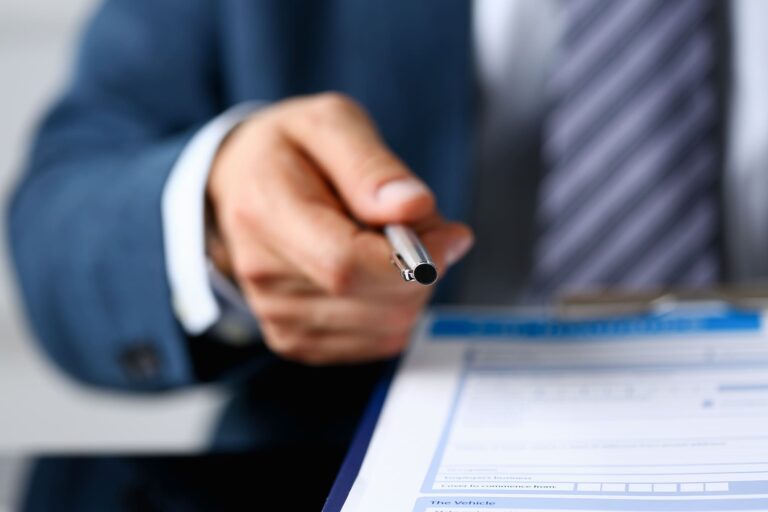If you are a witness to a car accident in Las Vegas, you should expect to be asked questions by the police, lawyers, or insurance companies. This guide details common car accident interview questions and answers.
GET YOUR FREE CAR ACCIDENT CONSULTATION
NO FEES UNLESS WE WIN!
What To Do When You Witness a Car Accident
Car accident witness responsibility is much less clear than driver responsibility. After witnessing a car accident, you are not required to report the accident or even identify yourself.
However, this doesn’t mean you can avoid answering car accident questions from the police or a representative of a driver involved in the crash. You are better off cooperating and answering car accident lawyer questions when asked after a car crash.

If you refuse to cooperate, you may be subpoenaed, which will limit your options to avoid testifying. Once subpoenaed as a witness, you are required to testify in court.
If you cooperate with attorneys early in the process, your car accident interview questions and answers may not be necessary in the courtroom.
Questions To Ask a Witness by Lawyers
Typically, car accident attorneys will ask open-ended questions because open-ended questions help the witness to recall the accident situation. Car accident questions should help paint a picture of what happened. The following are common questions you should expect to receive after witnessing a car accident.
Did You Take Any Photos of the Accident Scene?
Usually, drivers or passengers involved in the accident take pictures of the accident scene. However, there is also a chance that a witness might have photographed the accident as well. The lawyer will inquire about whether you have any or if you know of any other images of the incident.
Who Do You Think Was Responsible for the Accident?
Attorneys will ask your opinion about which driver you believe was responsible. Similarly, in car-pedestrian accidents, you might feel one party was responsible. Also, if you think a third party is responsible, let the lawyer know immediately so they can investigate that.
Do You Believe Anything Could Have Been Done To Avoid an Accident?
This question is related to the previous one. One possible defense against negligence is that the defendant could not possibly have done anything to avoid the accident. If you can provide the attorney with a possible choice of action that would have avoided the crash, that would be helpful for them.
Call (702) 382-0000 For a Free Consultation
Have You Been in Contact With Any Insurance Companies?
Attorneys aren’t the only ones who will be interested in your statements. Insurance companies involved in a car accident insurance claim will also inquire about what you observed.
If an insurance company contacted you before you were interviewed by an attorney, let them know. That isn’t likely to affect your responses, but it could have swayed your opinion, and the lawyer should know when assessing your responses.
What Was the Rough Distance Between the Vehicles When They Came to Your Attention?
Attorneys or insurance company representatives may want to explore details that could affect liability. If you noticed that one driver was tailgating another, for example, it could prove pertinent to a settlement.
Did You See Either Driver Doing Anything Illegal?
While you probably can’t state accurately whether either driver was speeding, you may have noticed them texting, running a red light, or drinking alcohol. The attorney wants to know about these suspicions so they can investigate to see if they are accurate.
Did You Give a Statement to the Police?
By the time the lawyer interviews you, days or weeks may have passed, and you are likely to have forgotten some details. However, if you gave a police statement, you answered questions while your memory was fresh. The lawyer wants to know so they can look for that statement when they request a police report.
Can You Draw a Diagram of the Accident Scene?
If you didn’t take pictures, the next best thing you can do is draw a detailed picture of the accident scene. Don’t worry too much if you can’t produce an image, though. The police probably have a diagram in the accident report, which is likely to be more accurate than yours.
FAQ
Can I Refuse To Be a Witness?
You can’t refuse if you are subpoenaed. You can try to fight a subpoena, but you are unlikely to win that fight if you have any material knowledge about the accident. You don’t have the right to withhold information or lie when you have been subpoenaed.
Can I Be a Witness If I Am a Friend of a Driver?
Yes. However, your relationship with the witness will be brought up in court. Jury members might choose not to believe your testimony if they believe it is primarily due to friendship rather than fact.
Can a Witness Leave the Scene of the Accident?
Yes. However, attorneys and the police may attempt to identify you if you leave the scene of the accident. If you are successfully identified, lawyers or authorities will likely interview you after the fact.
Do I Have To Do Anything if I Witness a Minor Accident?
A minor accident is unlikely to go to trial. Regardless of whether you give your contact information to the drivers, you are unlikely to be interviewed.
Is There Anything I Shouldn’t Say in Court If I Am a Witness?
You shouldn’t make any statements based on information you didn’t witness directly. For example, you could accurately state that you saw someone drinking alcohol, but you shouldn’t say they were drunk.
Call (702) 382-0000 For a Free Consultation
Areas We Service in Las Vegas, Nevada
Henderson | Anthem | Summerlin | Paradise | Summerlin North | Summerlin South | Sunrise Manor | Nellis AFB | Desert Shores | Downtown South | Charleston | Richfield | Crestwood | Angel Park Ranch | Queensridge | Casa Grande Pines | Winchester |
Adam S. Kutner reviews and testimonials
“We were in a car accident – we were coming off of the interstate and were waiting – yielding at the exit and a car sped through the exit and smacked us in the rear.
It was definitely scary especially because we had our baby in the car. My husband and I and our baby in the back seat. We definitely – immediately went back in and checked on her to make sure she was okay.
We definitely had back pains my daughter had headaches. She kept holding her head and crying. It was pretty bad. I remember seeing a couple billboards and a friend of mine did say they had a pleasant experience with Adam Kutner, so we called them right up. They definitely were thorough, and you could tell just by talking to the people in the office that they genuinely cared about their clients.
They contacted us saying you know, explain the process on how the settlement gets done and about a week after that happened we had our settlement which was great and in my opinion Adam S. Kutner is the best attorney in Las Vegas.”
– Janae Reynolds. 5/5 Stars
START YOUR FREE CONSULTATION
NO FEES UNLESS WE WIN!
SE HABLA ESPAÑOL
Call Now! Free Consultation!

Adam S. Kutner
PERSONAL INJURY LAWYER
With more than 34 years of experience fighting for victims of personal injury in the Las Vegas Valley, attorney Adam S. Kutner knows his way around the Nevada court system and how to get clients their settlement promptly and trouble-free.












